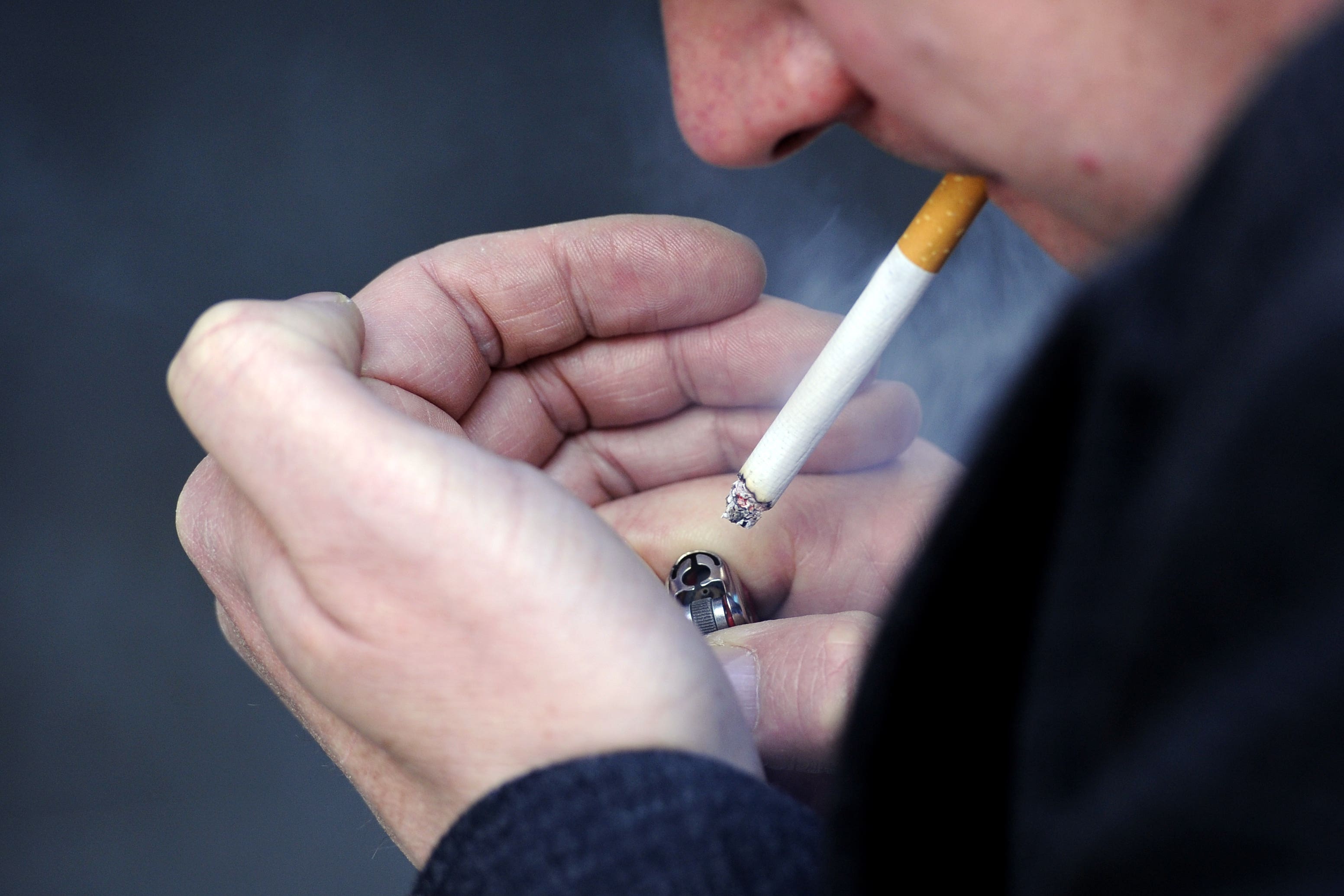Are we drinking and smoking ourselves towards higher inflation?
The Consumer Prices Index figure has taken an unexpected turn in the wrong direction, writes James Moore. This should put to bed speculation about a spring interest-rate cut


You can easily smoke and drink yourself into an early grave. In December, we smoked and drank ourselves into an inflationary one.
The icky-smelling fug in that month’s data – those of a certain age will remember what it was like going into a pub before the indoor smoking ban – was delivered by ciggies and drink.
The alcohol and tobacco category was cited by the Office for National Statistics (ONS) as the biggest contributor to January’s unwelcome increase in inflation to 4 per cent from the 3.9 recorded the previous month. Six of its divisions showed increases in total, compared with just three in decline.
This may have an impact on people’s financial health as well as the physical health of those who overindulged in unhealthy activities during the festive period.
While it is fair to say that it will take more than the price of a pack of 20 to move the Bank of England’s rate-setting Monetary Policy Committee (MPC), the rise in the headline rate will have an impact.
It ought to put to bed the excited chatter in the City about a spring interest-rate cut. That may feed through to the mortgage deals on the market. Remember, it is the expectations for future interest rates that play an important role in the pricing of the two- and five-year fixed-rate deals most homebuyers opt for.
The chief reason for the increase in the tobacco and alcohol category was the rise in duty on the former. However, this was not the only reason for pessimism about what the MPC might do. Core inflation, which excludes the most volatile components in the calculations – food, ciggies and drink, energy – remained stubbornly high, rolling in at 5.1 per cent.
Another figure that will be on the MPC’s mind when it meets at the beginning of next month is the price of services, which make up the dominant part of the UK economy. While the price of goods rose by just 1.9 per cent, down from November’s 2 per cent, the price of services rose by 6.4 per cent, an increase over the previous month’s 6.3 per cent.
It wasn’t all gloom. Food price inflation fell again, to 8 per cent from 9.2 per cent, although we should be clear that this is still uncomfortably high. It is particularly nasty for those on low incomes, for whom food takes up a disproportionate share of the household budget. Food prices have risen by nearly three times as much in two years as in the preceding 10.
But the fact that the annual increase has been falling is still to be welcomed. It is to be hoped that this continues, and that we get to a place where people aren’t going hungry. That may take some time.
After the profound and brutal price spike Britain has endured, and the harsh medicine the MPC has prescribed for dealing with it –14 consecutive rate rises – we have repeatedly been told that inflation is never going to fall in a straight line.
This underlines that fact. The current headline rate of 4 per cent is twice the MPC’s 2 per cent target, and the committee has made it clear that it will not take its foot off the gas until it is closer to that target. Three members voted for an increase in rates at the last meeting. These rate hawks will likely bare their claws again at the next meeting, although I expect that the majority will vote to hold rates.
While Britain’s inflation remains higher than that of the Eurozone (2.9 per cent), economist Simon French, from investment bank Panmure Gordon, offers some comfort by pointing out that it is less out of step when compared to an international basket than it was before.
“Our plan is working and we should stick to it,” said chancellor Jeremy Hunt, who has helped things along by ensuring that his fiscal policy is aligned with the Bank’s monetary policy. Hence the lack of any real giveaways in his autumn statement, which actually increased the overall tax burden. Given the dismal polling data his party faces, he will want to change that when he delivers his next Budget.
But these figures might have him reaching for a stiff drink, if not a cigarette (very bad form for a former health secretary). Badly timed tax cuts will put the heat back into inflation and undo that plan. The MPC, to whose independence he has (rightly) shown commitment, will surely respond.






Join our commenting forum
Join thought-provoking conversations, follow other Independent readers and see their replies
3Comments